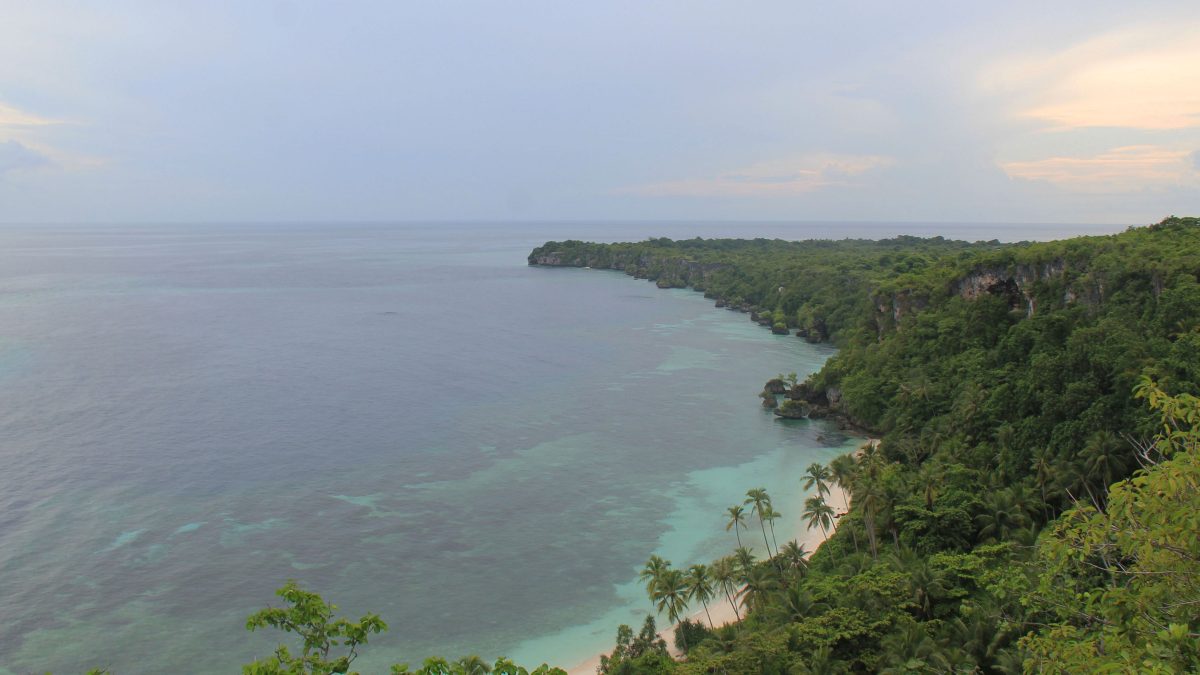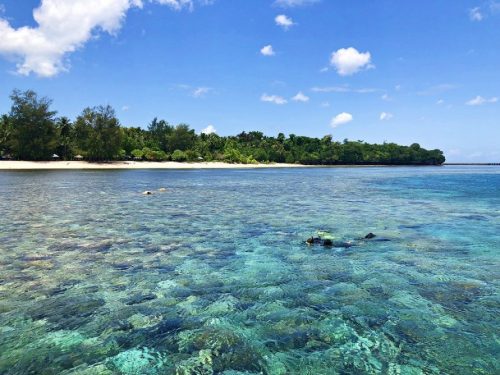Integrated Coastal Management: Innovative Solutions for Sustainable Coastal Management

Photo Credit : Nugroho Arif Prabowo
The coast is an area that borders the sea and land, possessing invaluable biodiversity and natural resources. It is also home to approximately 40% of the world’s population, who depend on the coast for their livelihoods, economies, and cultures. However, the coast faces various serious threats, including climate change, sea-level rise, erosion, pollution, overfishing, and conflicts over land use. To address these challenges, a comprehensive, participatory, and adaptive approach known as Integrated Coastal Management (ICM) is needed.
ICM involves various stakeholders, including governments, communities, the private sector, and non-governmental organizations, in planning, implementing, and evaluating policies and actions aimed at preserving and sustainably utilizing coastal resources. ICM also seeks to integrate ecological, social, economic, and cultural aspects into decision-making. Several principles underlie ICM, including:
- Recognizing that the coast is a complex and dynamic system that requires interdisciplinary and transdisciplinary knowledge.
- Respecting the rights and responsibilities of local communities and valuing local wisdom and traditional knowledge.
- Encouraging cooperation and coordination among governments at various levels and sectors, as well as between governments and civil society.
- Broadening the participation of all stakeholders in the ICM process, including women, children, minority groups, and vulnerable populations.
- Applying sustainable development principles such as efficiency, effectiveness, fairness, balance, and adaptability in coastal management.
- Adopting an ecosystem-based approach that recognizes the relationship between humans and nature, as well as among coastal ecosystem components.
- Using an adaptive approach that allows for flexibility, learning, and continuous improvement in the face of uncertainty and change.
ICM offers numerous benefits, including:
- Enhancing the well-being and quality of life of coastal communities by improving access to and utilization of coastal resources, as well as reducing poverty, inequality, and marginalization.
- Improving the health and productivity of coastal ecosystems by maintaining biodiversity, ecosystem functions, and services, as well as reducing negative impacts from human activities and natural disasters.
- Enhancing coastal resilience and sustainability by increasing adaptive capacity and mitigating climate change, sea-level rise, and other disasters, as well as reducing risks and vulnerabilities.
- Improving coastal governance and management by enhancing policy and action coherence, consistency, and accountability, as well as reducing conflicts, duplication, and inefficiency.
ICM is an ongoing process that requires commitment, engagement, and collaboration from all stakeholders. It also requires support from various sources, such as research, education, advocacy, and financing. Thus, ICM presents a complex challenge but also an opportunity to create a better future for coastal communities and the sustainability of coastal ecosystems.
Integrated Coastal Management Approach in Wakatobi, Southeast Sulawesi

Photo Credit : indonesia-tourism.com
The Integrated Coastal Management (ICM) approach in Wakatobi Islands, Southeast Sulawesi, shows commitment in several important aspects. First, through focus group discussions, ICM is used as a tool to empower indigenous, traditional, and local communities in Wakatobi. This ensures that coastal management policies and practices engage and reflect local interests and knowledge.
Furthermore, in the context of marine and coastal resource management, ICM is actively used to address challenges such as coral reef damage, mangrove degradation, and the impact of overfishing in the waters around Wakatobi. Through this holistic approach, efforts are being made to maintain the balance of marine ecosystems and increase the resilience of local communities that depend on coastal resources.
ICM also plays an important role in the management of marine tourism potential in Indonesia, especially in Wakatobi. With sustainability in mind, this approach helps identify and exploit the potential of marine tourism while minimizing negative impacts on the local environment and culture.
Finally, ICM is used for harmonization of laws and policies in Indonesia, including in Wakatobi. This approach aims to synchronize the regulatory framework, minimize policy conflicts, and create a legal environment that supports ICM principles.

